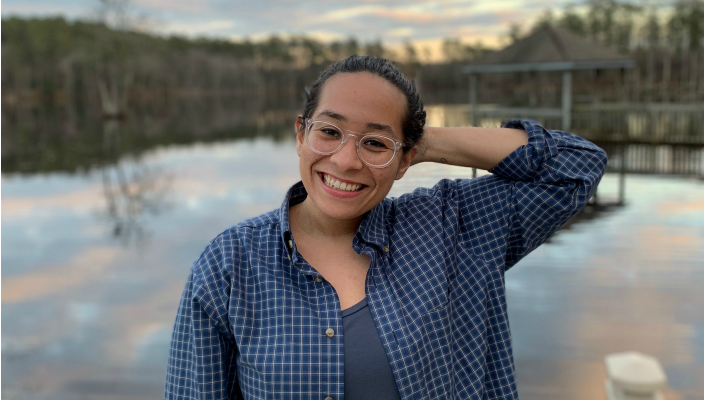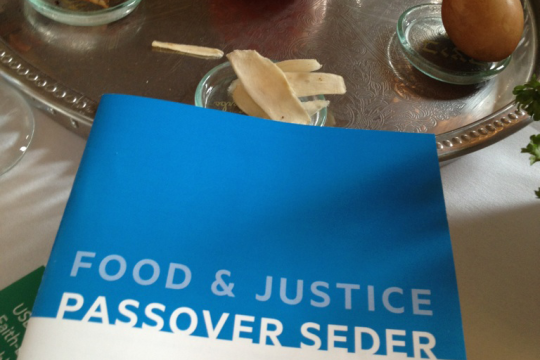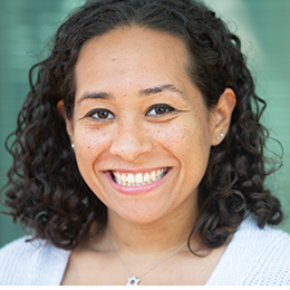
I am a queer Jewish woman of Color, and it is impossible to separate all of my intersecting identities.
As a rabbinical school student, my Judaism is a key component to who I am. I live in a Jewish city, learn about Jewish practices, and constantly uncover how the basis of my tradition is connected to my spiritual identity.
I use Jewish tradition as an avenue to reflect on my entire being. I love Judaism’s tradition of tikkun middot (repairing our character) and cheshbon hanefesh (accounting for the soul). Being able to reflect, every single day, on my intersecting identities, my values, and how I can improve as a person is very powerful.
I also believe in the importance of finding discomfort in life’s uncomfortable scenarios – and I am familiar with feeling embarrassed as a person of color in Jewish spaces.
When others project microaggressive opinions about me – that I wasn’t born Jewish, that I’m just a guest in Jewish spaces, that I’m a maintenance worker or caterer, etc. – I feel let down and othered. However, since joining the Union for Reform Judaism’s JewV’Nation Fellowship Jews of Color Cohort, I do not let these interactions define me or discourage my participation.
Instead, I have found immense comfort and strength in being connected to so many other Jewish leaders of Color, including other Queer Jews of Color.
To use a relatable example: When we are on an airplane, we are told that in the case of an emergency, we must put on our own oxygen masks before we can help others. Similarly, I know that I must work on loving my true self – my queer, Jewish, multiracial self – before I can be a good friend, teacher, and student. I am my best self when all of my identities are acknowledged and honored – when I do not have to mute my blackness or suppress my queerness.
For Jews with experiences similar to mine, loving ourselves does not always come easy. In many of our Jewish spaces, we simply don’t see ourselves reflected, and that can be a lonely experience. From the images we see on our congregations’ websites and social media to the books we read in the library and the classroom, Jews of Color and LGBTQ+ Jews – and Jews who identify as both – are still underrepresented. I deeply value community, and it can be difficult to reflect on my experiences without an affinity space where I can openly and candidly express my lived experiences.
Because of this, as a queer Jewish rabbinical student of Color, I ask the leaders in my beloved community at-large: Use our rich, sacred Jewish toolbox – including the URJ Audacious Hospitality Toolkit – as a guide for reflection.
Our congregations can better serve these individuals by asking potentially difficult questions:
- Is our community actively inclusive?
- Do we have the resources and learning opportunities to improve our inclusion (including an Audacious Hospitality working group)?
- Do we hire staff from diverse backgrounds?
- Do the practices and actions of our community’s members reflect our true values?
- Do we have affinity spaces for members of marginalized groups?
Answering these questions honestly and objectively is the first step toward helping make your congregations, institutions, schools, and camps a place of true belonging for Jews like me: those who are queer, who are multiracial, who have different but equally valid lived experiences from others in our community.
Related Posts

Passover 2024: The Three Central Messages of Pesach

Modern-Day Plagues of Injustice and Inequality

